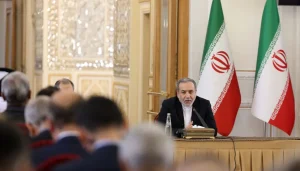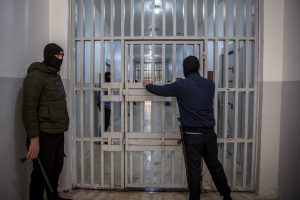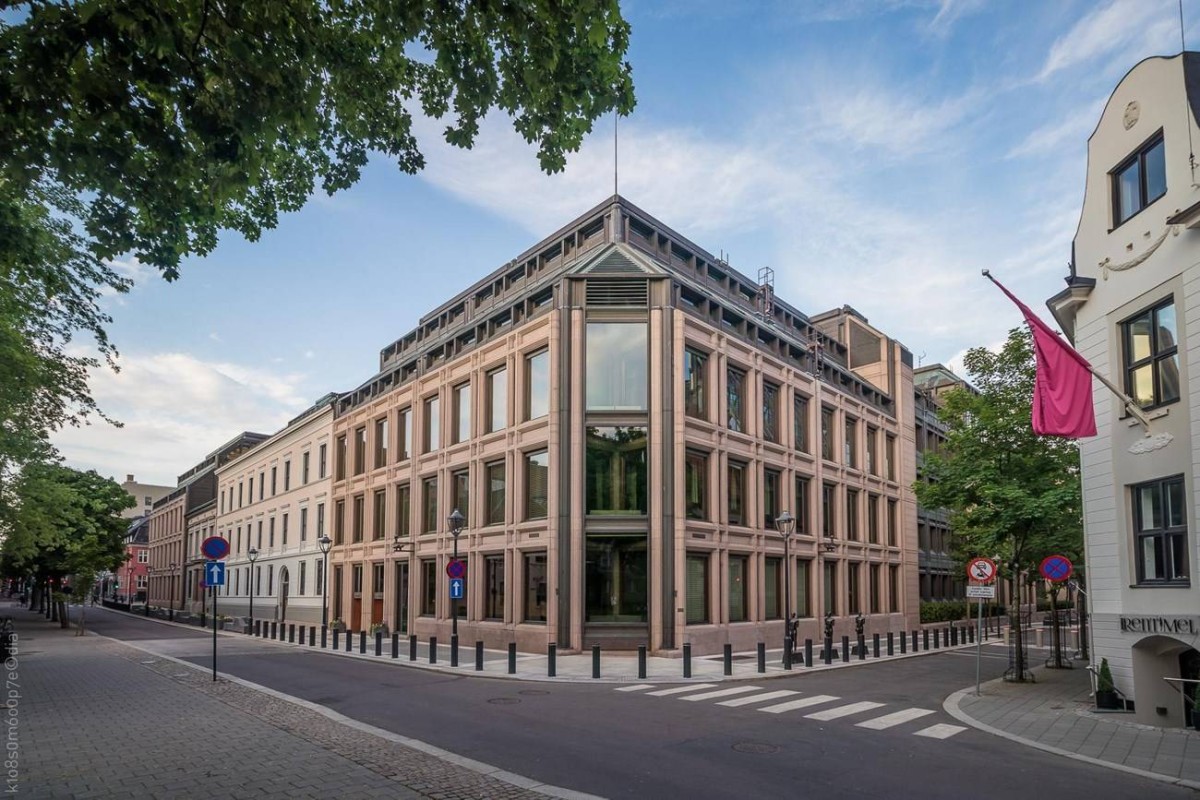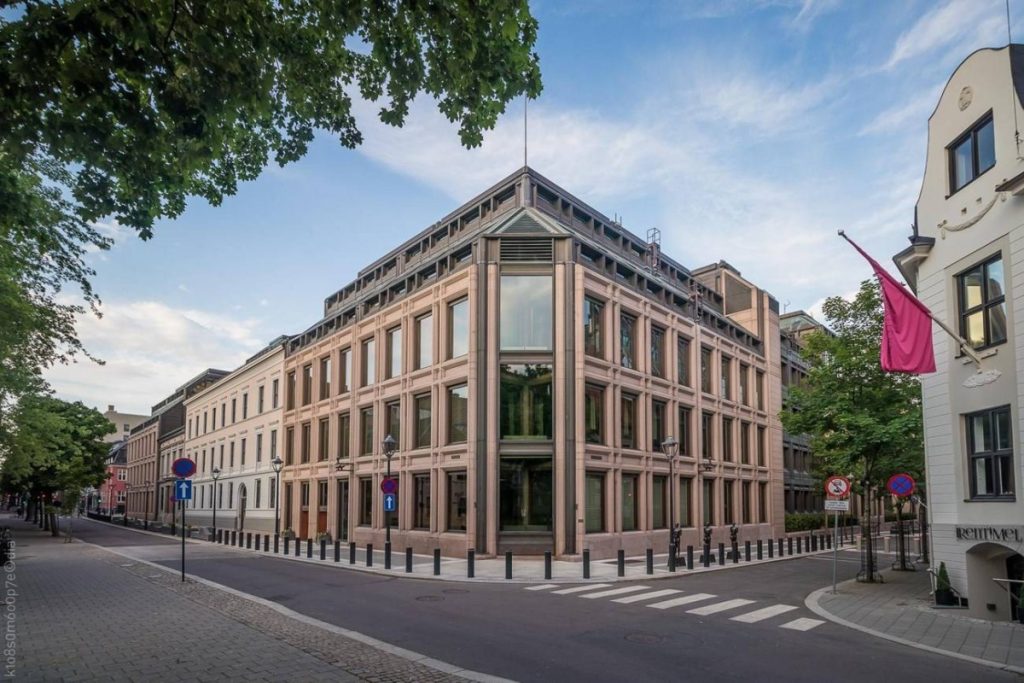The Norwegian Sovereign Wealth Fund, the largest in the world with assets totaling two trillion dollars, announced on Monday its decision to divest from the American construction equipment group Caterpillar as well as five Israeli banking groups for ethical reasons. The fund stated that the Israeli banks are Hapoalim, Leumi, Mizrahi Tefahot, First International Bank of Israel, and F.I.B.I. Holdings. Managed by the Norwegian Central Bank, the fund excluded these companies due to unacceptable risks related to their contribution to serious violations of individual rights in situations of war and conflict. Records show that before divestment, the fund held a 1.17% stake in Caterpillar worth $2.1 billion as of June 30. The combined value of its shares in the five Israeli banks was $661 million as of the same date.
The fund’s Ethics Council said, “According to the council’s assessment, there is no doubt that Caterpillar’s products are used to commit widespread and systematic violations of international humanitarian law.” It added that Israeli authorities used Caterpillar bulldozers in illegal and widespread demolitions of Palestinian properties in Gaza and the West Bank. The council noted that violations occur in both Gaza and the West Bank and that the company has not taken measures to prevent such use. With the resumption of deliveries of related machinery to Israel, the council sees an unacceptable risk that Caterpillar will contribute to serious violations of individual rights in war or conflict situations. The council, a public body established by the Ministry of Finance, is responsible for verifying companies’ compliance with ethical standards set by the Norwegian parliament. The fund invests in nearly 8,400 companies worldwide.
The council makes recommendations to the Central Bank’s board, which has the final say. The board approved the Ethics Council’s recommendation. On August 18, the fund announced it would withdraw investments from six Israeli companies amid an ongoing ethical review related to the war in Gaza and developments in the West Bank but did not name them at the time. Initially, the Ethics Council was scrutinizing Israeli banks’ practices related to financing Israeli settlers’ commitments to build housing in the area. On Monday, the council stated that all banks divested from “contributed to maintaining Israeli settlements by providing financial services that are essential for construction activities in Israeli settlements in the West Bank, including East Jerusalem.” Approximately 700,000 Israeli settlers live among 2.7 million Palestinians in the West Bank and East Jerusalem. Many settlements are close to Palestinian areas, and some Israeli companies provide services to both Israelis and Palestinians.
Last year, the International Court of Justice ruled that Israeli settlements built on land seized in 1967 are illegal, a ruling Israel considered “fundamentally wrong,” citing historical and religious ties to the area.














Recommended for you
Exhibition City Completes About 80% of Preparations for the Damascus International Fair Launch
Talib Al-Rifai Chronicles Kuwaiti Art Heritage in "Doukhi.. Tasaseem Al-Saba"
Unified Admission Applications Start Tuesday with 640 Students to be Accepted in Medicine
Egypt Post: We Have Over 10 Million Customers in Savings Accounts and Offer Daily, Monthly, and Annual Returns
His Highness Sheikh Isa bin Salman bin Hamad Al Khalifa Receives the United States Ambassador to the Kingdom of Bahrain
Al-Jaghbeer: The Industrial Sector Leads Economic Growth